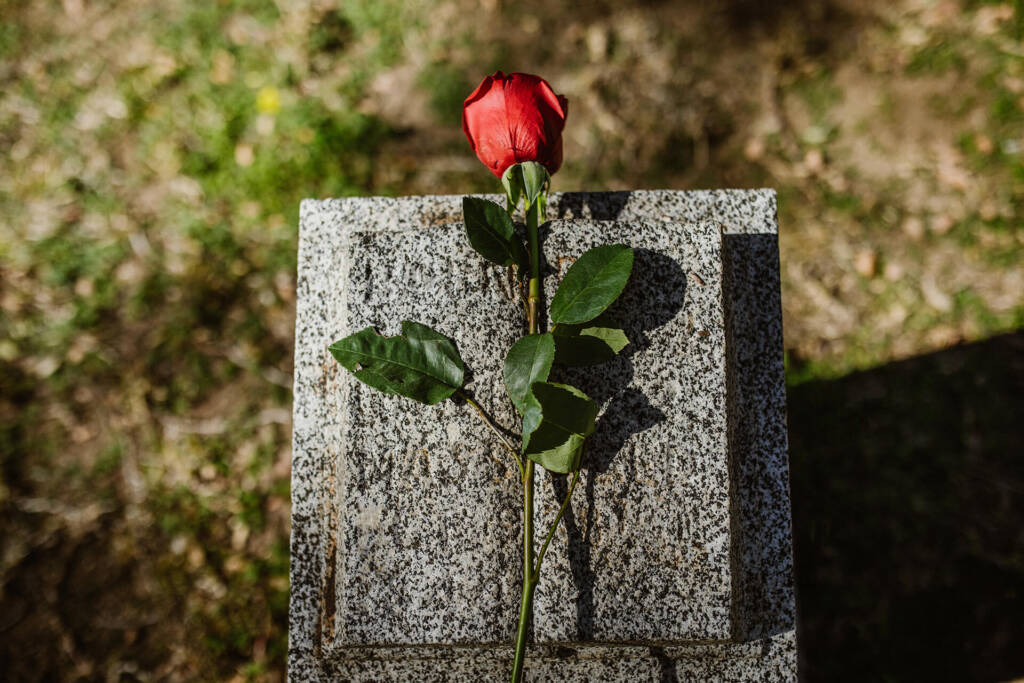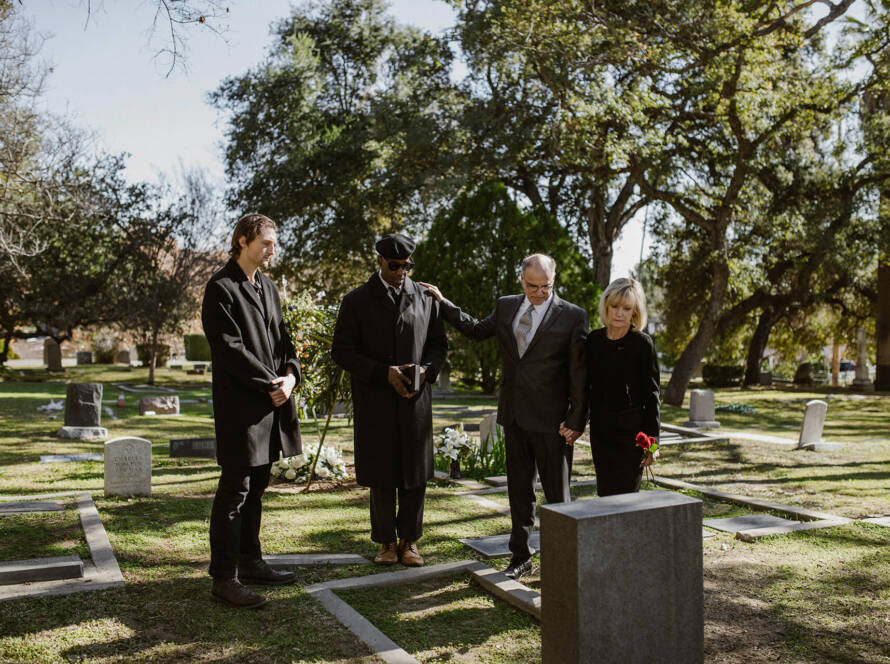The decision to set up a gravestone after cremation is a deeply personal one, influenced by various factors including cultural beliefs, family preferences, and individual wishes. While it’s not a requirement, there are several reasons why many families choose to establish a gravestone or memorial marker after cremation. Here are some important considerations to keep in mind:
1. A Place for Remembrance
Setting up a gravestone provides a designated space for family and friends to visit and remember their loved one. This physical location can serve as a comforting point for reflection and connection, allowing mourners to honor the deceased’s memory in a tangible way.
2. Symbolic Closure
For many, having a gravestone can symbolize closure in the grieving process. It can represent the finality of loss and provide a sense of peace, allowing family members to come to terms with their grief in a meaningful way.


3. Cultural and Religious Practices
Many cultures and religions have specific traditions regarding memorialization after death. A gravestone may be an integral part of these practices, serving as a way to honor beliefs about the afterlife and the significance of memorialization.
4. Personalization
A gravestone allows for personalization, where families can choose inscriptions, symbols, and designs that reflect the personality and life of the deceased. This individuality helps create a lasting tribute that tells their story and keeps their memory alive.
While it is not strictly necessary to set up a gravestone after cremation, many families find value in creating a memorial that honors their loved one’s life and provides a place for remembrance.
5. Commemoration of Multiple Individuals
In some cases, families opt for a gravestone to commemorate multiple family members, even if some have been cremated. This can create a family memorial site where loved ones can be remembered together, fostering a sense of unity and connection.
6. Regulatory Considerations
Depending on the cemetery or memorial park, there may be regulations regarding memorialization, even for cremated remains. Some places may require a marker or stone to identify the location of scattered ashes or a niche in a columbarium.

Conclusion
While it is not strictly necessary to set up a gravestone after cremation, many families find value in creating a memorial that honors their loved one’s life and provides a place for remembrance. Whether you choose to establish a gravestone or opt for another form of memorialization, what matters most is finding a way that feels right for you and your family.
At Lee Funeral Home, we are here to support you in making choices that honor your loved one’s memory while guiding you through the emotional and logistical aspects of this decision. Your choices can create a meaningful tribute that will resonate for generations to come.



